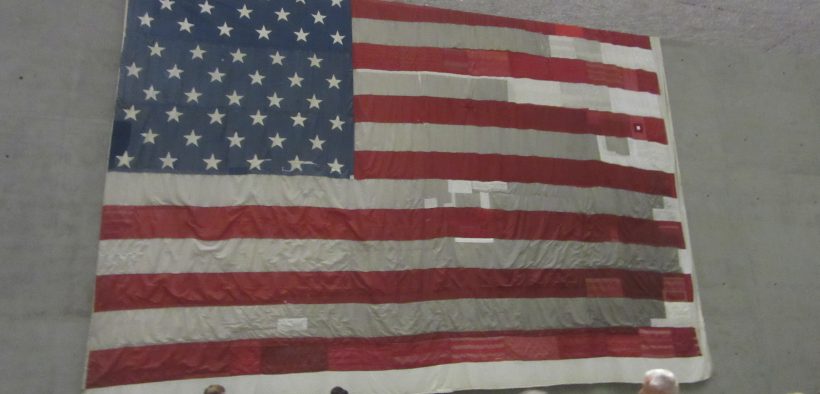Update on the Presidential Campaign
Share

By: DevonBradley
On February 1, the Iowa Caucuses kicked off the 2016 race for the White House with Texas senator Ted Cruz earning a comfortable victory in the bitterly fought Republican race while former Secretary of State Hillary Clinton and Vermont senator Bernie Sanders ended up in a virtual deadlock with Clinton getting the nod by a margin of 0.3%.
Cruz’s victory came as not much of a surprise considering his tea party extremist appeal to voters in evangelical Iowa. Having led national polls for months, Trump has been viewed by most as the frontrunner for the nomination. However, with him having to settle for second place in Iowa, it shows just because someone believes they will always win does not necessarily mean they will. The real surprise of the night was the third place finish of Florida Senator Marco Rubio, giving him an edge over others considered the mainstream alternative to the ultra conservative Cruz and outspoken Trump. His campaign will likely try to keep this momentum going forward to show his placing here was no fluke. Trump accused Cruz of stealing the caucus, while Cruz’s local campaign told voters that neurosurgeon Ben Carson had withdrawn his candidacy. Although Carson vehemently denied those accusations, it says something about his relevance in the race and he will need to up his presence in the following weeks. The caucus also trimmed the GOP field of unviable candidates such as Mike Huckabee, Rand Paul, and Rick Santorum who pulled out of the race after disappointing numbers.
Clinton and Sanders were neck in neck throughout the entire caucus, separated by such a small margin that it appeared that they would tie. However, the win went to Clinton. Of course, it wouldn’t be politics if there wasn’t a bit of controversy. Clinton’s victory is contested in case of six different county votes where the results were decided by coin toss with Clinton winning five and Sanders only one. For Clinton, the victory in Iowa was a redemption of sorts after a crushing defeat in 2008. However, going into South Carolina since Sanders is almost guaranteed victory in New Hampshire, her campaign will need to assess her weaknesses among young voters. Sanders’s performance greatly exceeded expectations and showed that his grassroots campaign can indeed play with the big dog Wall Street funded campaigns. However, he will need to maintain his momentum going forward and work to close the gaps in Nevada and South Carolina and appeal to minority populations, all of which Clinton enjoys a sizable lead.
